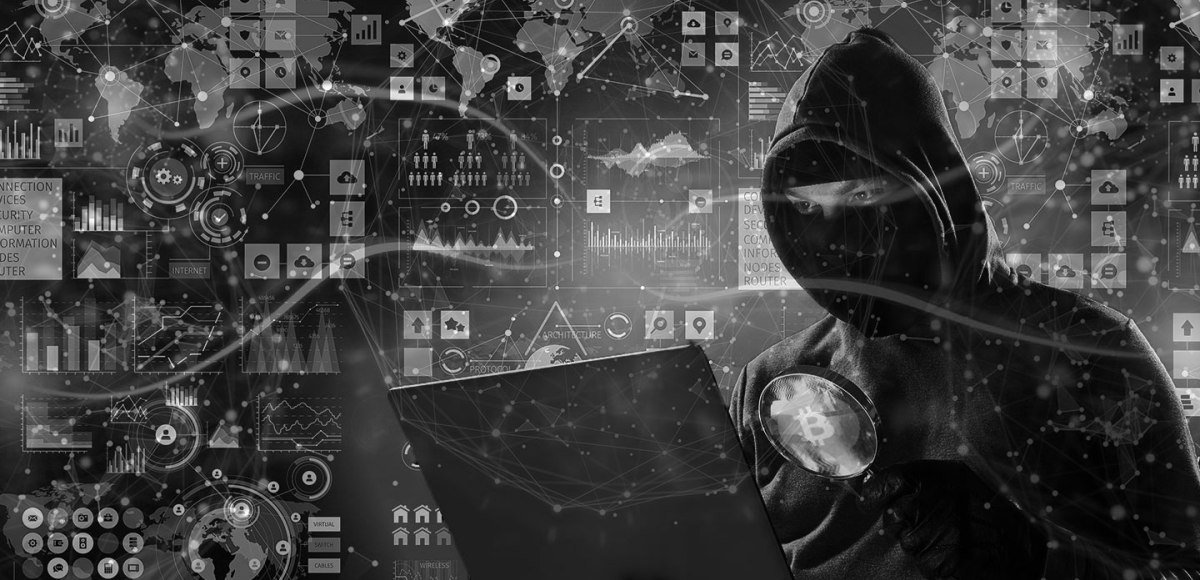Chainalysis is one of the leading companies when it comes to big data and monitoring in the blockchain space. The US company works with government and law enforcement agencies around the world. Hunts money launderers and crypto scammers. Recently, it also ensures that sanctioned persons from Russia do not flee their assets in cryptocurrencies.
How does it all work? What do you learn about the crypto space? A conversation with Director Kim Grauer about the fight against scams, the sanctions debate and the growing conflict between security and privacy in the blockchain world.
With what purpose did you found Chainalysis in 2014?
In February 2014, the world’s largest crypto exchange was hacked, Mt. Gox. 850,000 btc were stolen. The loss drove the giant into bankruptcy.
Our founder Michael Gronager was the Chief Operating Officer of the popular crypto exchange Kraken at the time. He spoke to regulators around the world. They couldn’t monitor transactions and couldn’t investigate crimes.
For this he developed the software from Chainalysis. And even solved the Mt.Gox case. We were able to determine: The private keys of Mt. Gox’s wallets had been stolen years before the hack. Since then, BTC has flowed out continuously, which was then quickly paid back. The Russian Alexander Vinnik used the stolen bitcoins to launder millions of dollars. As a result of our investigations, he was arrested.
After that, we started offering our tools and services to institutions worldwide. Today we work with law enforcement agencies, crypto companies and reputable financial institutions around the world. We want to legitimize cryptocurrencies as an asset class that the public can safely invest in.
From all the data you collect about the crypto space, what is the most interesting insight for you personally?
The industry is developing so fast. We always see new innovations that we never expected. A year ago, hardly anyone knew what an NFT is. Today everyone is talking about it. Before that came decentralized finance (DeFi), now we are dealing with decentralized organization (DAO) and central bank digital money (CBDC), which many nations want to introduce as an alternative to their fiat money.
A new study says crypto scams were the second most common form of fraud in 2021. You’ve been dealing with the subject for years. How have crypto scams changed and intensified over the past year?
We see scams as a major threat to trust in cryptocurrencies. For years, they have been one of the most lucrative crime options for criminals. Over $7.7 billion was stolen from victims in 2021, an 80 percent annual increase.
This year we are seeing a rapid increase in rug pulls. This is a new form of scams, especially popular in the DeFi ecosystem. In these scams, supposed developers advertise a new project. They sell their tokens – and then make off with the money from their small investors.
37 percent of the frauds in the DeFi sector can be traced back to such scams. That’s $2.8 billion in damage. are on average rug pulls 70 days active before the scammers go into hiding.
You recently released a tool that allows anyone to track crypto wallets owned by sanctioned Russians. What do you want to achieve with it?
We must now show that cryptocurrencies are an effective deterrent against sanctions evasion due to the transparency of blockchains. That’s why we made the development of this tool a top priority. All participants in the market should have the necessary means to use this transparency and carry out sanction checks free of charge. You can use our oracle to check at any time whether an address is on the list. And block them.
Politicians in the EU and US are still warning that Russians are using cryptocurrencies to evade sanctions. Do you think this is justified?
We are closely monitoring activity in Space. It would be very difficult for the Russians to circumvent the sanctions using cryptocurrencies on a large scale without us noticing.
On the other hand, there are growing concerns about increasing surveillance in the crypto space and your role in it. Heidi Porter argues that services like Chainalysis could also endanger ordinary users. She warned: “BTC is not censorship-proof without privacy”. How do you react to such allegations?
Neither full transparency nor full anonymity are ideal. Regulators need an appropriate level of oversight and legal authority. Businesses need tools to deal with illegal activities that abuse the systems.
BTC represents a good balance. It promotes privacy and freedom. At the same time, it offers enough transparency to prevent abuse by criminal actors.
Some people like whistleblower Edward Snowden warn: The introduction of digitaln Central Bank Currencies (CBDC) into the economies of many states would give governments the power to track, control and shut off the flow of money from citizens as they see fit. Are you worried about this?
Digital central bank money has the potential to curb crimes such as money laundering and fraud, as these are transparent through the blockchain and regulators and law enforcement authorities could have access to user data.
But we also see that in a dictatorship like China, a CBDC is used for total surveillance. The government keeps track of all transactions made with its e-yuan. The central bank and law enforcement agencies can gain access to an individual’s day-to-day transactions without suspecting illegal activity.
This loss of financial privacy has serious consequences for citizens. The government can target certain groups of people, restricting their access to the financial system and depriving them of their freedom of movement by refusing transactions for travel. This is indeed worrying.
That’s why cryptocurrency needs Proof of Work (PoW)
- Trump’s inauguration is approaching, but crypto promises may take a while - January 14, 2025
- Fidelity: 2025 will be the year of global Bitcoin adoption - January 14, 2025
- Ethereum: Inflation continues, but bulls continue to target $20,000 - January 14, 2025
























